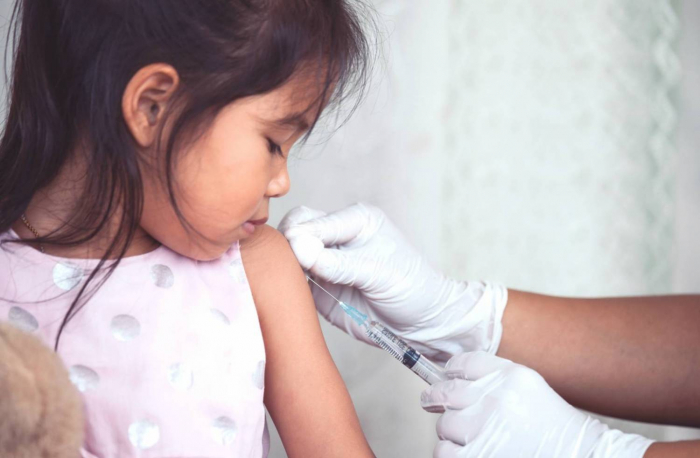No virus is an island. Once a virus establishes itself within a cell, other virusesthat manage to make their way into that already infected cell may find themselves unable to respond in their usual way – either for better or for worse.
A new study suggests that SARS-CoV-2 might have less of a foothold in some populations after other completely unrelated vaccines, such as the flu or pneumococcal shots.
"It is known that the growth of one virus can be inhibited by a previous viral infection," says University of Missouri paediatric rheumatologist Anjali Patwardhan.
"This phenomenon is called virus interference, and it can occur even when the first virus invader is an inactivated virus, such as the case with the flu vaccine."
Early in the pandemic, there was worry that the combination of COVID-19 and influenza could become a 'twindemic' during winter – a bad flu season with COVID-19 on top could have led to even more deaths than one or the other.
Luckily this hasn't come to pass – but there's still questions to be answered about how other viruses (and other vaccines) affect SARS-CoV-2.
To find out, a team of paediatrics researchers looked at every COVID-19 positive case they could find at Arkansas Children's Hospital System between February 1 to August 30, 2020 – in total finding 905 patients 20 years old or younger.
They then analyzed how sick the patients became, as well as their vaccination status for both the flu and pneumococcal disease.
The results were exciting – those children that had received the influenza vaccine that season had lower odds of having severe cases of COVID-19 than those children that were unvaccinated.
A similar result could be seen for those who have been fully vaccinated against pneumococcal disease. Those with the pneumococcal vaccine also showed lower odds of having respiratory symptoms.
"Based on our observations, we hypothesize that the higher incidence of COVID-19 in minority populations may also reflect their low influenza-pneumococcal vaccination rate apart from health inequalities" the team write in their new paper.
Neither of these vaccines were a silver bullet – we're looking at a change of a few percentage points. However on population levels, those sorts of numbers could save lives.
It's also important to remind ourselves that children are already less susceptible to developing symptomatic COVID-19 cases, but we now know that they can sometimes carry quite a lot of the virus without becoming sick.
"Research on the paediatric population is critical because children play a significant role in influencing viral transmission," Patwardhan said.
"Understanding the relationship and co-existence of other viruses alongside COVID-19 and knowing the vaccination status of the paediatric patient may help in deploying the right strategies to get the best outcomes."
The team hopes that this research will lead to further investigation of the connections between seemingly unrelated vaccinations and COVID-19 symptoms, on larger samples of the general population.
With the United States alone approaching 500,000 deaths, we need all the help we can get.
The research has been published in Cureus.
















































